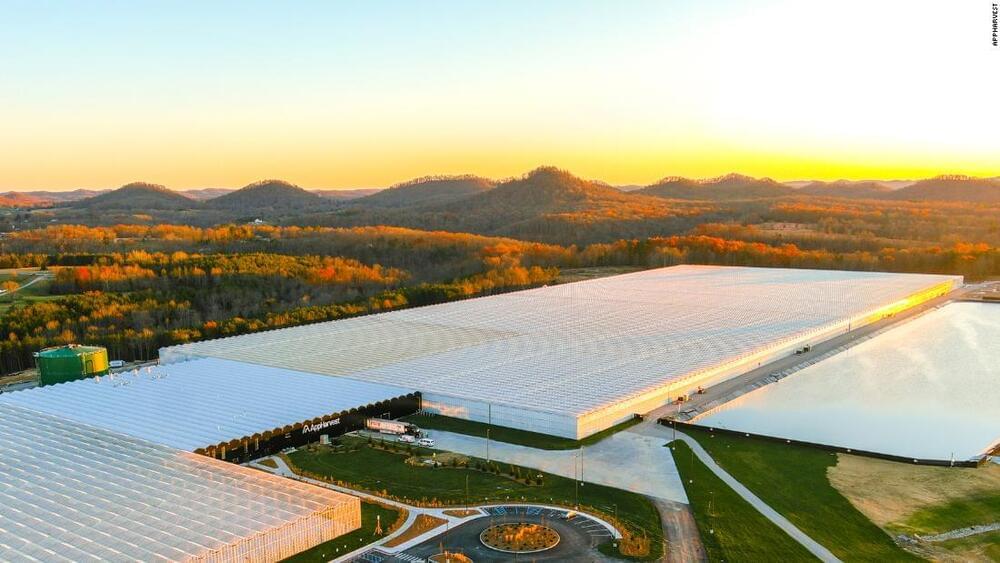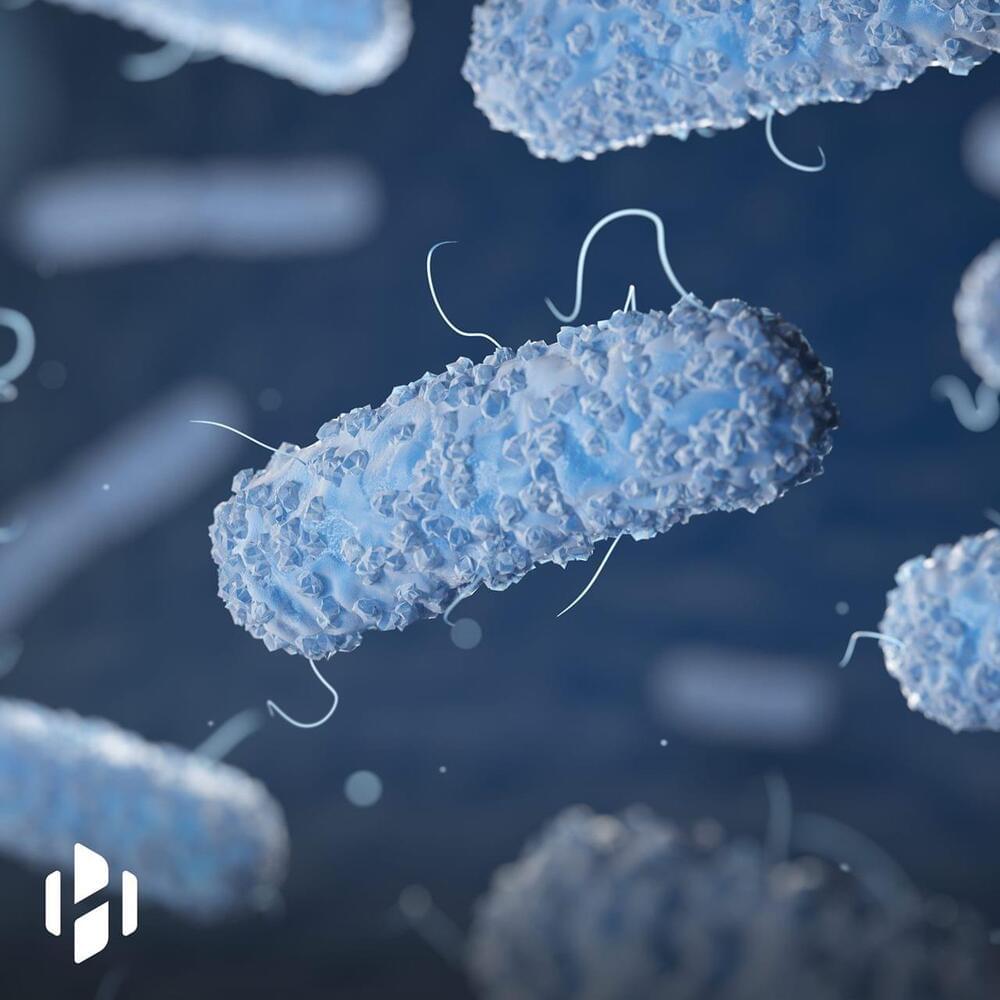Daily exposure to chemicals called phthalates, which are used in the manufacture of plastic food containers and many cosmetics, may lead to roughly 100,000 premature deaths among older Americans each year, a new study shows. The resulting annual economic burden is between $40 billion and $47 billion, a value more than quadruple that of previous estimates.
NYU Langone study shows deaths linked to endocrine-disrupting chemicals called phthalates may cost United States billions in lost productivity. Learn more.






